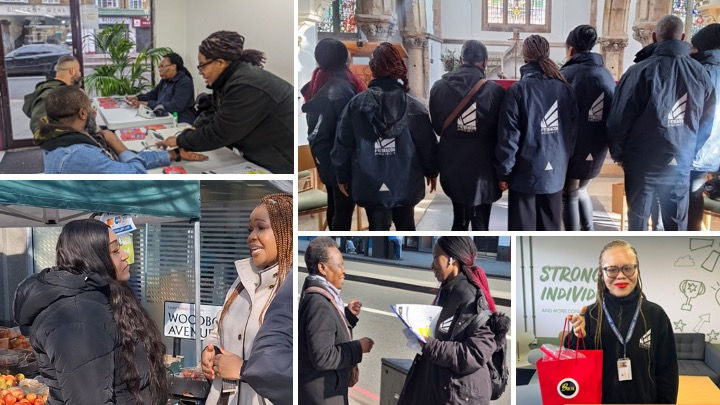COVID 19: 7 top tips to help you stay safe
- Chi-Chi Ekhator

- Sep 12, 2021
- 3 min read
These are 7 top tips to help you stay safe and protect others especially the most vulnerable in our communities.

There is still a lot we can all do to help keep coronavirus case numbers as low as possible. Here are my 7 top tips:
Stay at home and avoid contact with other people (i.e self-isolate at home) if you have any of the symptoms of COVID-19, and request a test as soon as possible. You should also isolate if you are told to do so by NHS Test and Trace even if you do not have symptoms and you will be advised to have a PCR test as soon as possible.
Get two doses of a coronavirus vaccine. No vaccine gives 100% protection from catching the virus and feeling unwell but we know that being fully vaccinated reduces your risk of severe illness and death. So, it is vital that you continue to be cautious because even after both doses, it is still possible to contract and pass on COVID-19. If you have had two doses or you are under 18, you no longer need to self-isolate after close contact with someone who has COVID-19.
Continue to use Lateral Flow tests regularly. It is estimated that around 1 in 3 people with COVID-19 do not have symptoms but can still pass the infection on to other people. Lateral Flow tests can help determine whether you are carrying the virus without any symptoms and the tests are currently available for free to everyone and can be ordered online or collected from many local pharmacies. Many people are regularly testing to help protect themselves and their communities, and it is particularly important if you spend time with people who are more vulnerable to severe illness, and who may not have been able to have a COVID vaccine.
Continue to wear a face-covering in busy, indoor spaces, shops and on public transport. COVID-19 spreads through the air by droplets and aerosols that are exhaled from the nose and mouth of an infected person when they breathe, speak, cough or sneeze. Continuing to wear a face-covering in higher risk settings can help protect you and others.
Take particular care when visiting health and social care settings and wear a face covering when doing so. When you visit healthcare settings such as your GP surgery or a hospital, you are likely to encounter people who are more vulnerable to severe illness if they catch COVID-19. Wearing a face covering, using available hand washing stations or sanitisers, and keeping your distance from others can all help to protect you and other people.
Meet outdoors as much as possible. You will be much safer and at less risk of contracting the virus while outside in the open air. When you do meet indoors, keep fresh air moving by opening windows and doors because the more fresh air you let into your home and other enclosed indoor spaces, the less likely it is that you will catch or pass on the virus.
Keep washing your hands or use hand gel and sanitisers when you are out and about. Hands touch surfaces and you can transfer viruses to your eyes, nose or mouth. From there, viruses can enter your body and infect you. Keeping your hands clean is particularly important before and after you use public transport, when you have been at an indoor venue and when you are with those who are more vulnerable to severe illness if they become infected with COVID-19. Good hand and respiratory hygiene (washing your hands, covering coughs and sneezes and disposing of used tissues in the bin) help to stop the spread of other illnesses such as colds, flu and sickness bugs too.




Comments